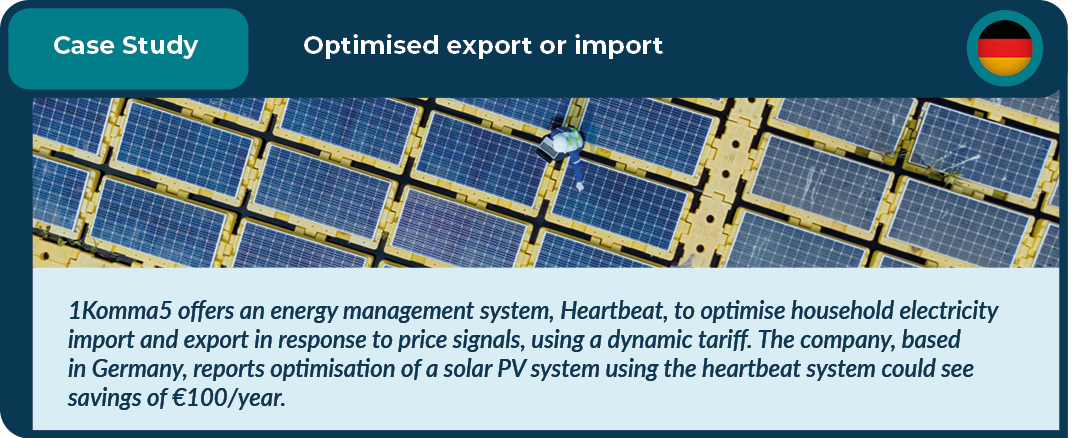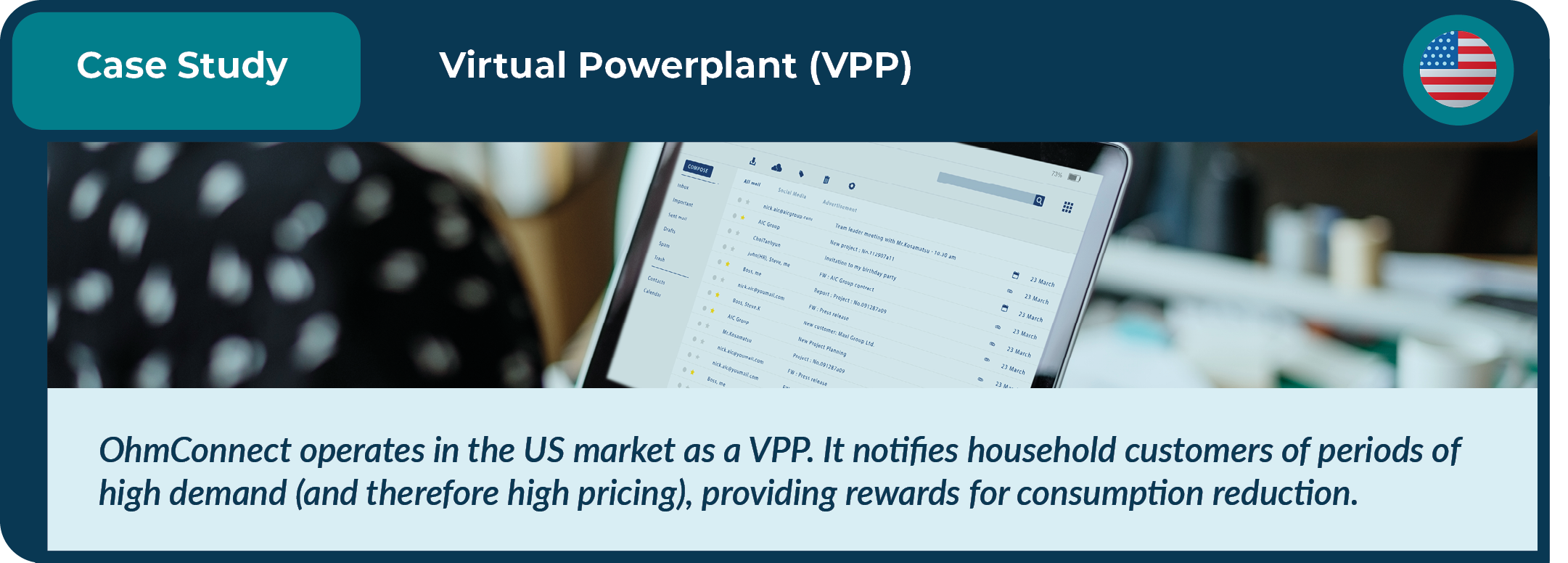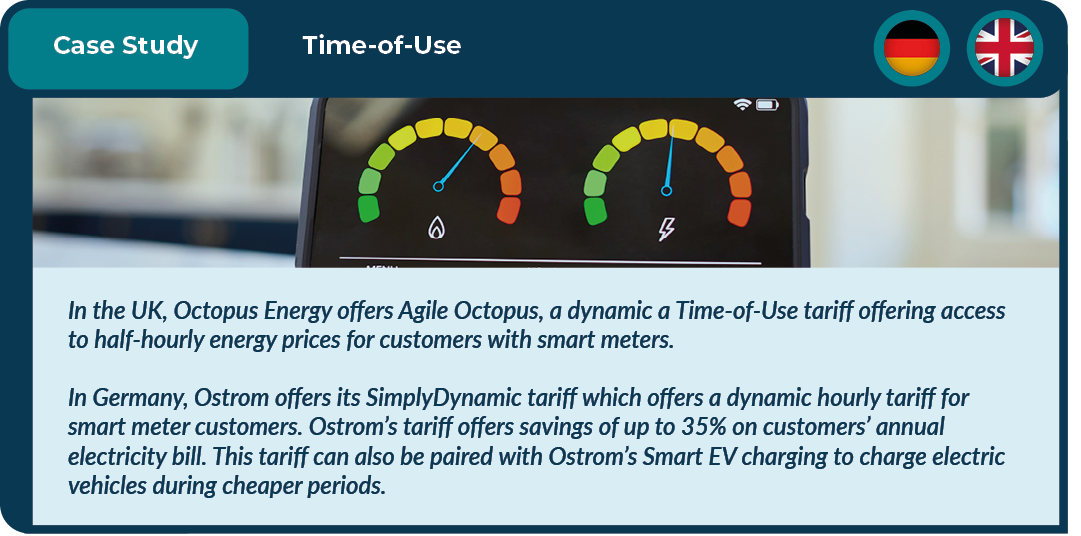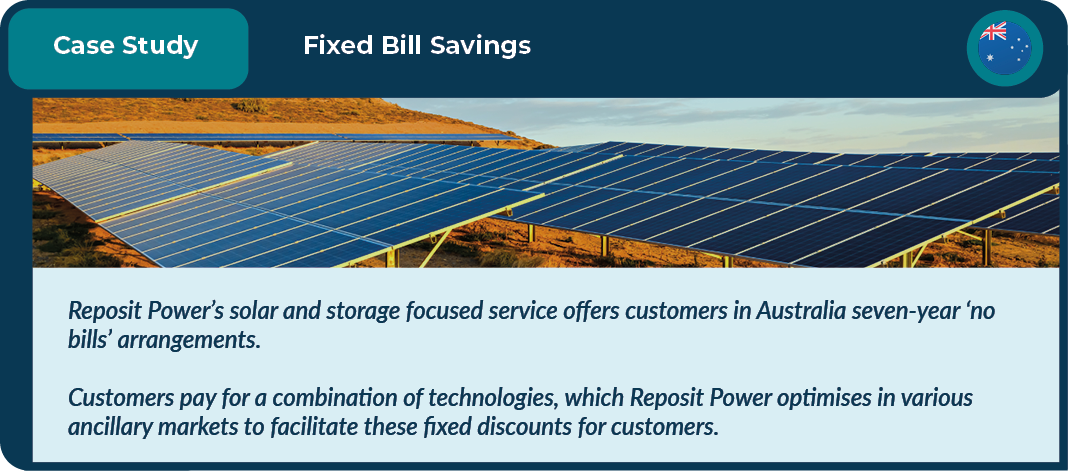
Analysis conducted by energy consultancy Cornwall Insight appears to show the potential of rewarding consumers for embracing energy-efficient behaviours.
Launched at this year’s Distributed Energy Show, the report – Integrate to Zero: Rewarding Consumers for Energy Flexibility: global market highlights – written in partnership with Integrate to Zero, examines a wide array of energy initiatives implemented across the globe.
The group says it shows that providing concrete benefits, like lower utility bills, cash rewards, or other incentives, to consumers who adopt flexible energy practices could drive widespread participation in such programs. This approach not only aids in balancing global energy demand but also spurs the growth of renewable energy sources, while simultaneously cutting customer expenses.
The report considers initiatives in place around the world, from time-of-use tariffs to innovative schemes like vehicle-to-grid solutions, reviewing the incentives for consumption reduction and rewards for producing energy and exporting this back to the grid.
Successful initiatives in countries such as Germany have seen thousands of customers enjoy discounts of up to 35% for shifting energy usage to off-peak hours, and customer savings of €100 /year for optimising importing and exporting energy from the grid. Similar benefits have been noted in the UK, US, Japan, South Korea, Australia and a number of other countries.
Flexible energy usage is a crucial strategy for balancing energy systems. Encouraging households to export surplus energy, store energy for peak demand periods, and reduce consumption during peak times, plays a pivotal role in stabilising the grid and reducing peak demand.
Global case studies of flexible energy initiatives 



Anna Moss, Senior Consultant at Cornwall Insight:
“In a world struggling to cope with increasing energy demand, while simultaneously striving for sustainability, rewarding consumers for energy-efficient habits becomes not just a choice, but a powerful tool for change.
“Our global analysis underscores the transformative potential of incentivising consumers with tangible benefits for embracing energy flexibility. From Germany to the UK, US to Japan, successful programs have demonstrated that by championing efficient practices, we not only empower consumers but also propel the journey towards balanced energy demand, renewable energy growth, and reduced costs.
“Flexible energy usage emerges as a linchpin in grid stability, urging households to optimise consumption, store surplus energy, and contribute to peak demand management. We need to embrace these initiatives, encourage innovation and forge a sustainable energy future for all.”







